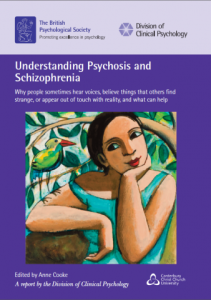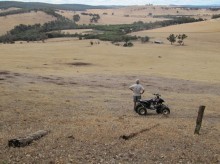 During the many years I spent working in the addiction and mental health field, first as a neuroscientist and later helping empower people to facilitate their recovery (healing), I rarely heard the word ‘trauma’ being used.
During the many years I spent working in the addiction and mental health field, first as a neuroscientist and later helping empower people to facilitate their recovery (healing), I rarely heard the word ‘trauma’ being used.
Few practitioners I met mentioned that the person with the substance use problem might be self-medicating to ameliorate psychological pain. And yet in society, there were plenty of people visiting their doctor and obtaining a prescription of benzodiazepines such as librium, which are highly addictive substances, or antidepressants, which also produce problems, to help them deal with unpleasant psychological states of anxiety or depression.

 Here is the next section from my chapter Factors Facilitating Recovery in my eBook
Here is the next section from my chapter Factors Facilitating Recovery in my eBook 




